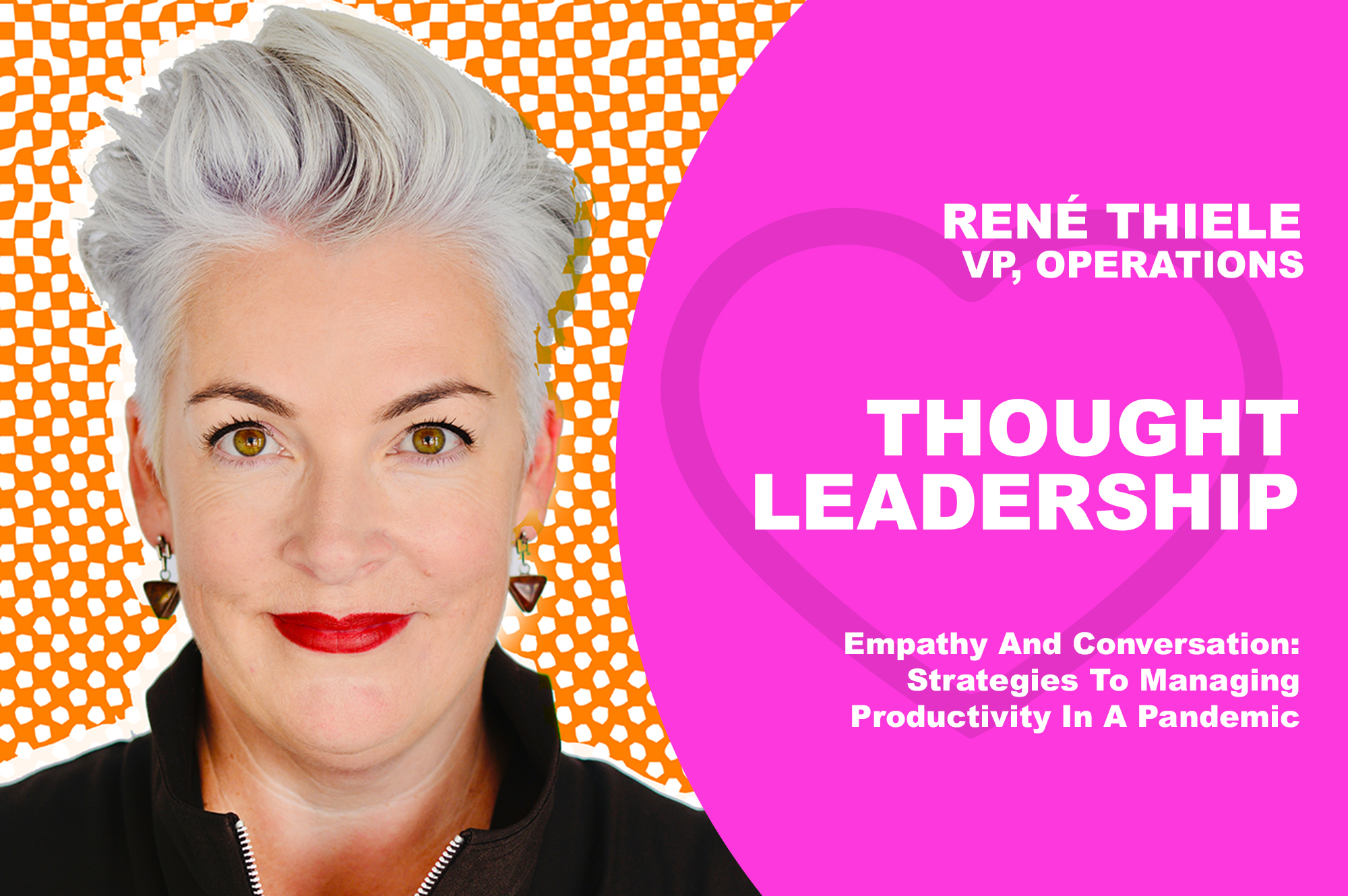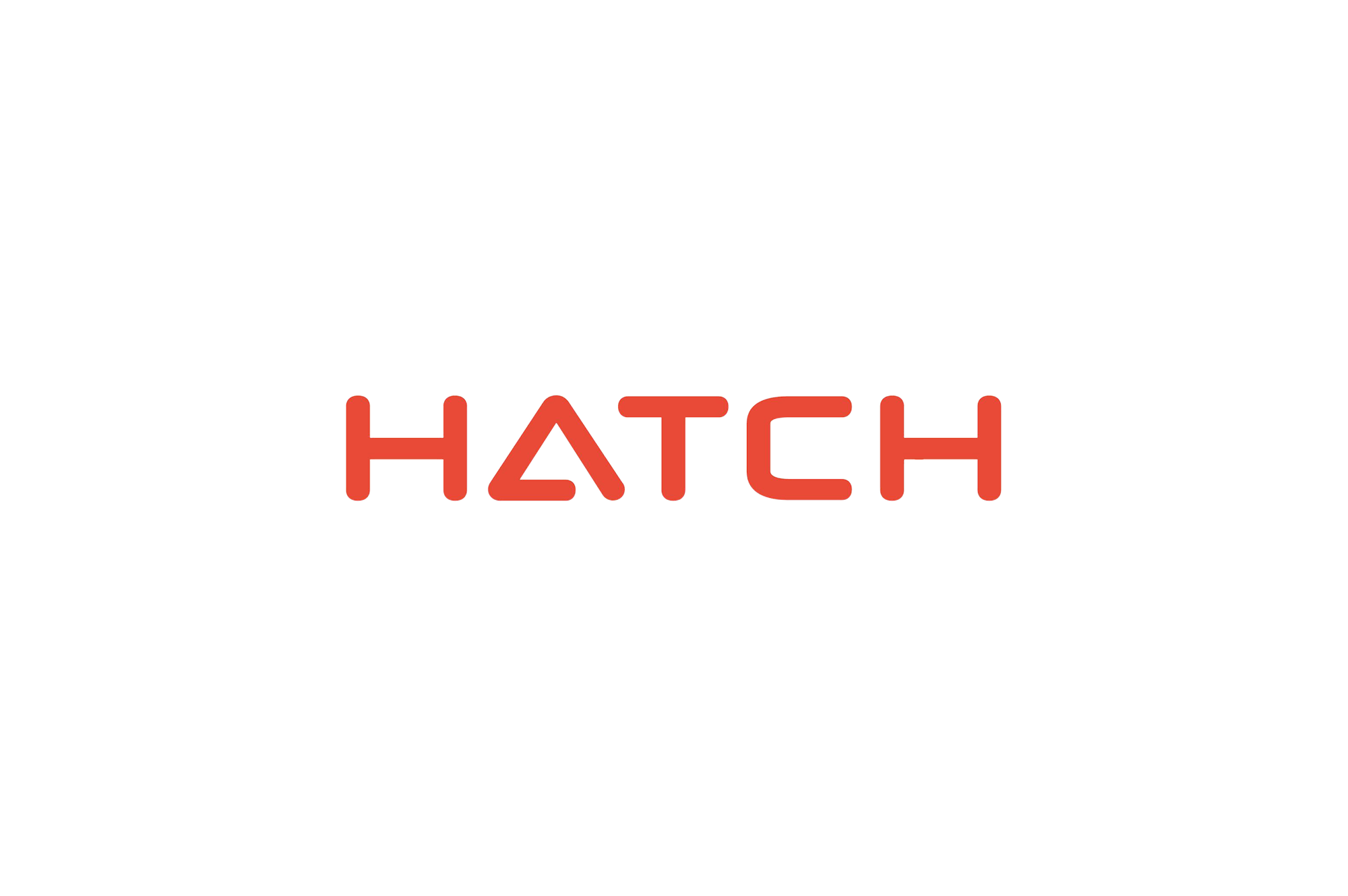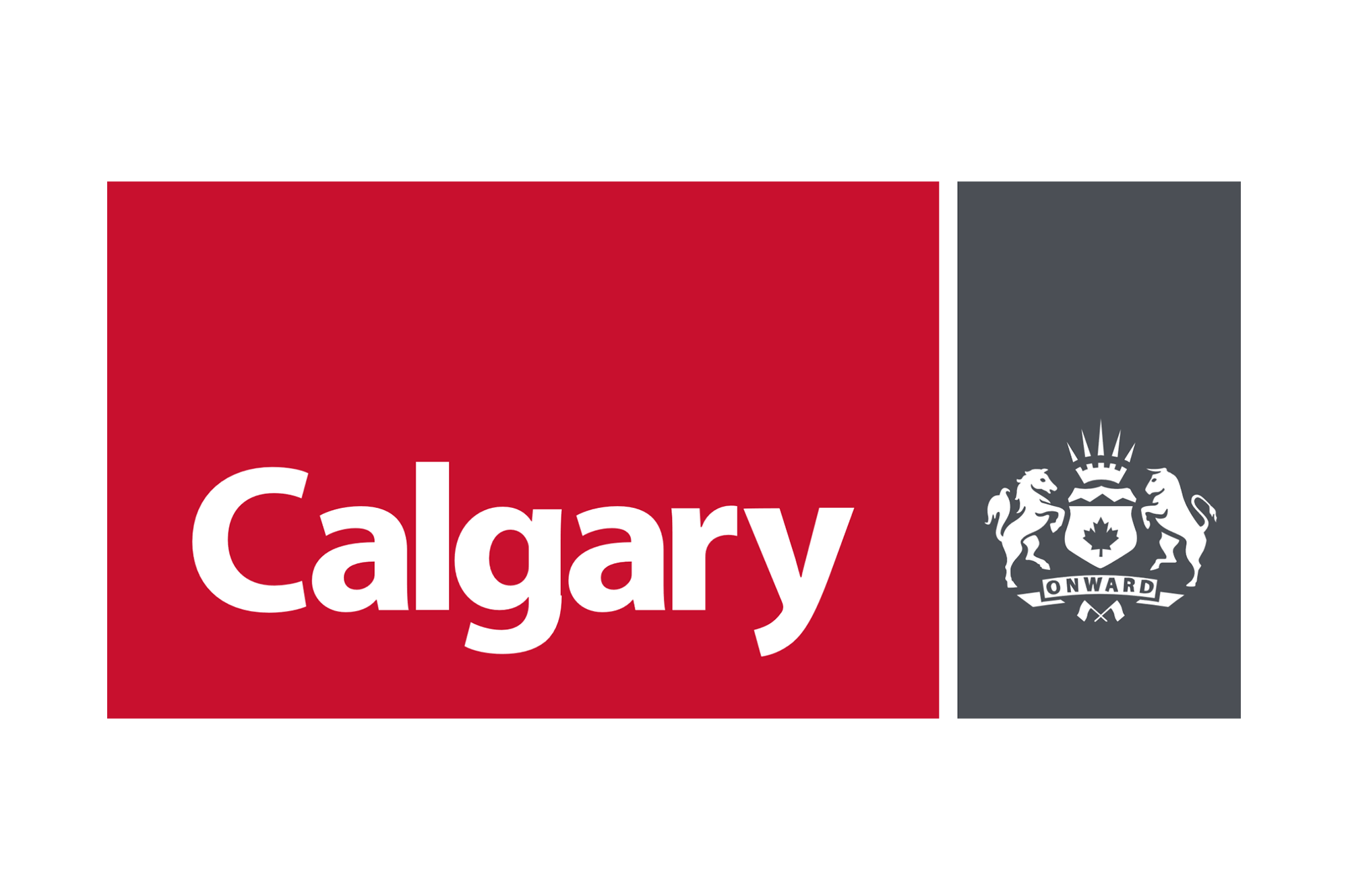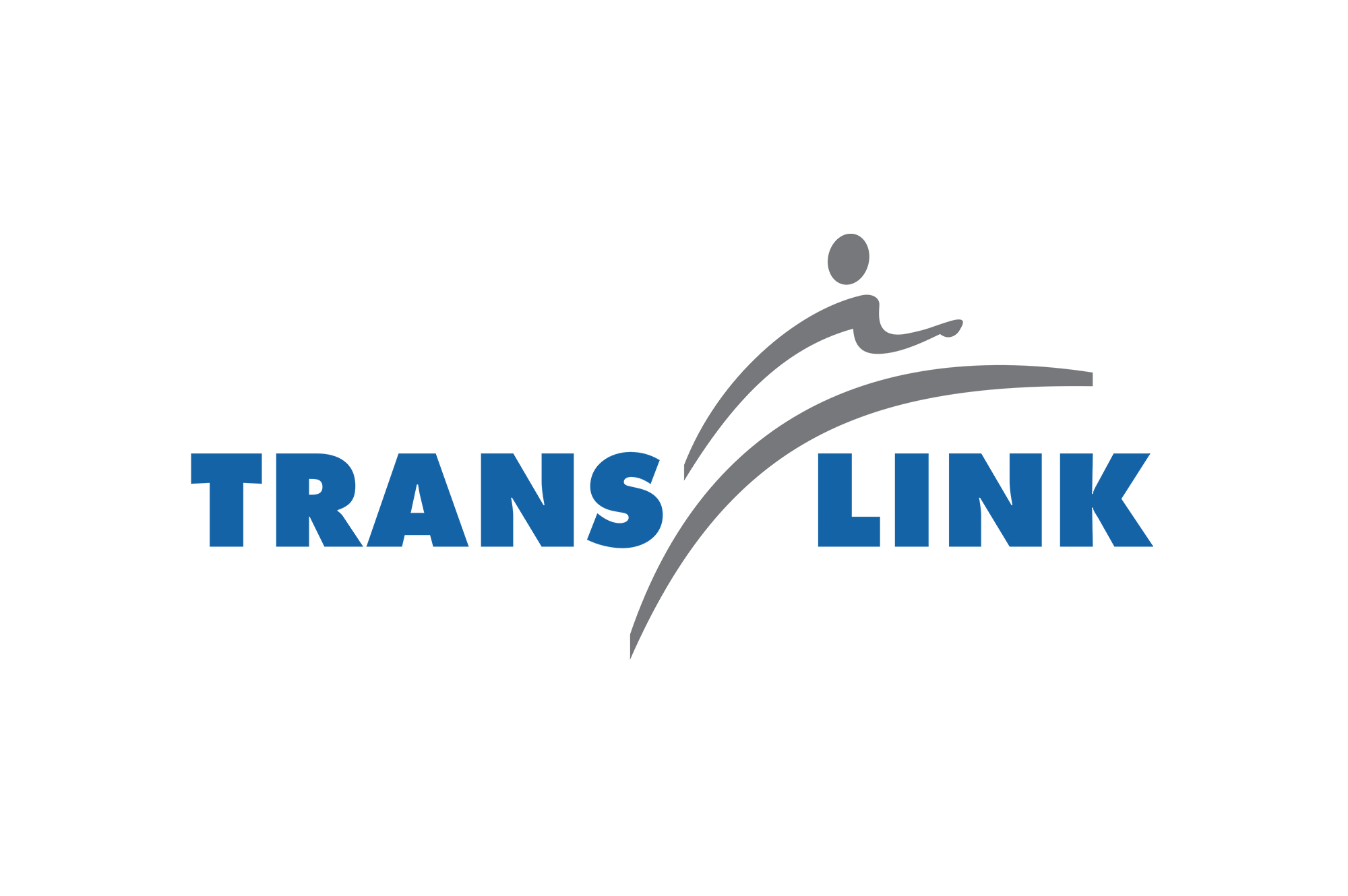THOUGHT LEADERSHIP
Empathy And Conversation: Strategies To Managing Productivity In A Pandemic
3 strategies for applying empathy and conversation to manage productivity and lead a team of eLearning experts to achieve results.

3 strategies for applying empathy and conversation to manage productivity and lead a team of eLearning experts to achieve results.

Given that motivation is, to a certain extent, more personal than anything else, how do you inspire a remote team to achieve during a time of global crisis? René Thiele, vice president of operations of the eLearning division for Xpan, shares personal insights on how to motivate their team to be productive. And you might be surprised: It doesn’t start with productivity. It starts and ends with empathy and conversation.
You can talk about being there for your team or you can be there for your team. There are no in-betweens. For me, it’s essential to support all of our people. The ones that are performing exceptionally well need to be challenged and recognized. On the flip side, it’s also imperative that the team members struggling behind the work curtain, from the parent to the spouse or caregiver, feel supported, heard, and safe at Xpan. They need encouragement and assurance that this too shall soon pass.
I check in with the team on a regular basis and ask them how things are going. Are you having any problems? What tools can we give you? Is this particular project more complex, and is it creating anxiety because of the unknowns? How can we support you? What type of work do you like doing?
We created a community here at Xpan, and we can’t lose sight of each team member as an individual. As our calendars flip over to yet another month of COVID-19, here are some of our strategies for managing productivity and helping our team of eLearning experts achieve results.
My responsibility as a leader is more than providing structure and guidance. It also includes being empathetic and putting in the time and effort necessary to find the organization’s daily pulse and adjust energies accordingly. My week starts with a morning video conference call with our five project managers. Since most of our team works remotely, Slack is a critical communication channel for us. I keep a close eye on it during the week to monitor anything off culture. I have a gut instinct for pinpointing tone and interpreting team member concerns. At this point, my spidey senses kick in, and I am not thinking about productivity: I am thinking about the person, theorizing about the trigger, and making immediate contact for avoiding any unraveling down a rabbit hole.
Our project managers empower the project teams to share what’s working as a unit. This way, we can provide them with the tools they need to feel supported and motivated–simply by sharing their daily obstacles. We hire leaders. Everyone here feels safe to present ideas for consideration and collaboration with a group of smart, talented, and experienced professionals.
We want our team to be involved in work they find interesting. We also place them in challenging positions to help them grow. Some people are inquisitive and ask for multiple tasks–while others might have difficulty in pivoting. By treating each team member as an individual, we understand personal and professional preferences. It’s about championing a strong people-centric culture and establishing trust. By doing a little bit daily, we take the time to recognize all of our employees.
As we move in and out of lockdowns and restrictions, managing systems is one thing–motivating a team through a global crisis is something else. It comes down to communicating about more than productivity, processes, or issues. It also comes down to vulnerability and helping people feel safe, knowing that they are not alone in finding a healthy work-life balance.
We also meet our team where they are: It’s not always about work and billable hours. We have champions at Xpan that bring fresh ideas to the table, and we love to tap into their creative side. That’s why empathy is one of the Xpan brand values and why we focus on the ability to show up with your best self in all aspects of your life.
But, there is also reality. How can we expect our team to show up with the best aspects of themselves if they are not feeling their best? It can be a non-exhaustive list of reasons from the pandemic to their family or even the cold winter months.
We hold virtual town halls where we make mental health a priority, and team members are encouraged to share their emotions in their lives. We recently started a “What’s Your Story” Slack channel so our team has a safe place to share mental health challenges that they, or a loved one, are experiencing. It helps them find the support they need and gives them a voice so they are heard. And we created a Zen Den at our main office, so staff have a haven if they need time away from work to sit, play a game, and relax.
You can talk about being there for your team or you can be there for your team. There are no in-betweens. For me, it’s essential to support all of our people. The ones that are performing exceptionally well need to be challenged and recognized. On the flip side, it’s also imperative that the team members struggling behind the work curtain, from the parent to the spouse or caregiver, feel supported, heard, and safe at Xpan. They need encouragement and assurance that this too shall soon pass.
I check in with the team on a regular basis and ask them how things are going. Are you having any problems? What tools can we give you? Is this particular project more complex, and is it creating anxiety because of the unknowns? How can we support you? What type of work do you like doing?
We created a community here at Xpan, and we can’t lose sight of each team member as an individual. As our calendars flip over to yet another month of COVID-19, here are some of our strategies for managing productivity and helping our team of eLearning experts achieve results.
Scheduling and resourcing the right people for the right jobs is second-nature to me. I sometimes think my true calling was being an air traffic controller. Distributing leadership responsibility throughout Xpan is how we allow our team to manage their schedules. It keeps us aligned and achieves the results that our clients need.
I don’t typically wait for people to come to me. I follow my instinct and initiate moments to communicate or choose my moments to step in and offer assistance. Motivating our team through this extended crisis involves relating to them and validating their emotions. Team conversations are sometimes about processes and issues–and occasionally necessary venting sessions. I make myself vulnerable during these times, and by walking the walk, others feel safe to open up. I follow up so they know the intent is real and their worries aren’t swept under the rug.
By being very clear about my strengths and weaknesses, it makes other people feel valued for the skills that they bring to the table. It creates a safe spot to talk and share internal team conflicts or discuss any issues they might be facing.
As our company grows, I focus on staying present and think about our people and their many roles in and out of work. It is about more than just productivity. It’s about creating an engaging, safe workspace where they feel valued, happy, and secure.
I take pride in the fact that we are creating jobs here and establishing a happy and safe work environment. We are helping families avoid job insecurities, and in turn, providing opportunities for our clients to extend fulfilled learning opportunities to thousands of other people.
This is my life. This is my passion. This is my purpose. Trusting in our people and what they have to offer reminds me that trust isn’t just earned: It is also given. If we lead by example with empathy at the forefront, we provide our team with the tools they can use to help others, their teammates, their family, and their children’s school teachers. Everyone has a story. Not just you.
It’s hard to begin to understand how much the pandemic has changed our way of life with our work family now playing a much larger role. They rely on Xpan to provide connection, stimulation, fun, community, and purpose. To fill the holes left behind.
And, if our team feels valued and safe, productivity will be a natural byproduct.
About René Thiele:
René Thiele is the Vice President of Operations for the eLearning division of Xpan Interactive Ltd. She is responsible for daily operations, supporting company growth, and positively impacting the organization’s bottom line.
Want to know more about how our digital knowledge solutions can create a competitive advantage? Connect with one of our experts today to learn more.
We develop digital knowledge solutions. Our team makes heroes of learning and development professionals. We improve workspace experience (and lives) across the globe, with better learning.




















